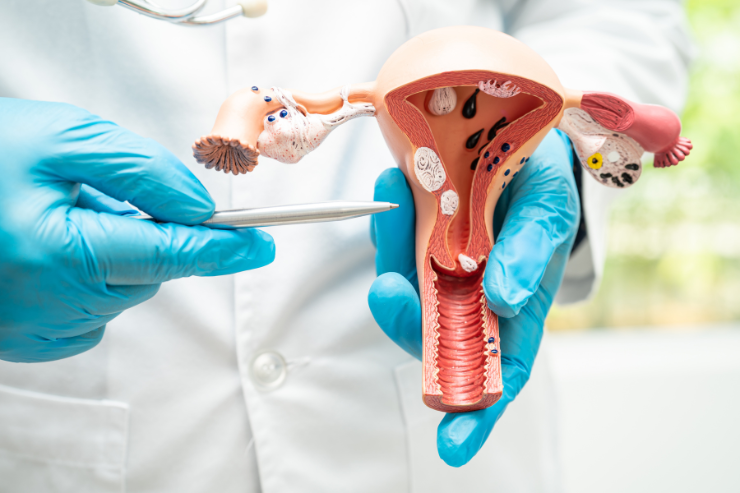

Cervical cancer is a serious health concern that affects women worldwide, but with early detection and proper care, it is highly preventable and treatable. At City Hospital, we are dedicated to providing comprehensive cervical cancer screening, diagnosis, and treatment services to protect women’s health and well-being.
Understanding Cervical Cancer
Cervical cancer begins in the cells of the cervix, which is the lower part of the uterus that connects to the vagina. It typically develops slowly over time, starting with precancerous changes known as dysplasia. If left untreated, these abnormal cells can develop into invasive cancer.
The primary cause of cervical cancer is persistent infection with certain strains of the human papillomavirus (HPV), a common sexually transmitted infection. While many women will contract HPV at some point in their lives, the virus usually clears on its own. However, in some cases, it can cause cell changes that lead to cervical cancer.
Common Symptoms of Cervical Cancer
In the early stages, cervical cancer may not cause noticeable symptoms. This is why regular screening is crucial. As the disease progresses, symptoms may include:
It’s important to note that these symptoms can also be caused by other conditions, so it’s essential to seek medical evaluation if you experience any of them.
Cervical Cancer Screening and Prevention
Regular screening is the most effective way to detect cervical cancer early, when treatment is most successful. At City Hospital, we offer two primary screening tests:
Pap Smear (Pap Test): This test involves collecting cells from the cervix to look for precancerous or cancerous changes. It’s recommended for women starting at age 21 and continuing regularly as advised by your doctor.
HPV Test: This test checks for the presence of high-risk HPV types that are most likely to cause cervical cancer. It can be done alone or in combination with a Pap smear.
In addition to screening, HPV vaccination is a powerful tool in preventing cervical cancer. The vaccine is most effective when given before exposure to HPV, typically recommended for girls and boys starting at age 11 or 12, but it can be administered up to age 26.
Expert Diagnosis and Personalized Treatment
If cervical cancer or precancerous changes are detected, our team of experts at City Hospital will guide you through the next steps with compassion and care. Diagnosis may involve additional tests such as a colposcopy, biopsy, or imaging studies to determine the stage of the cancer.